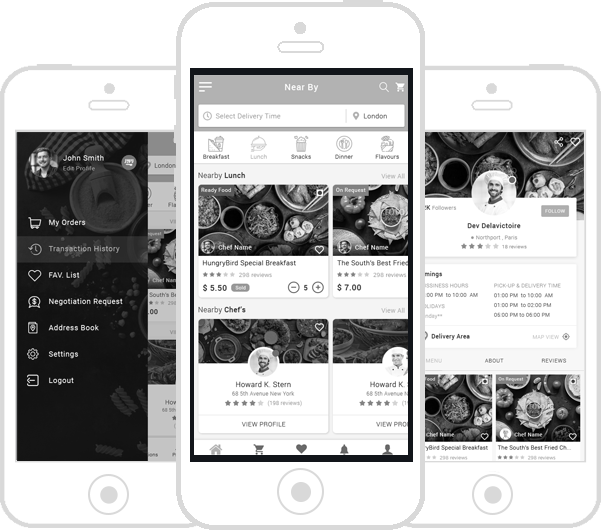Welcome to BM Coder - Your Premier supermarket app development Partner
Supermarket app development has become a disruptive force in the ever-changing retail industry, changing the way consumers make grocery purchases. This blog post examines the subtleties of developing supermarket apps, stressing the important role of mobile app development company India play and going into the price of app creation.
Digitalizing the Grocery Experience: Mobile App Development in India
Supermarket app development is at the forefront of a retail revolution being witnessed in India, a hotbed for technological innovation. Indian mobile app development companies combine a mastery of technology with a keen awareness of the varied needs of their clientele to produce innovative applications that transform the grocery shopping experience.
-
User-Friendly Interfaces:
It should be simple to navigate the digital aisles. User-friendly interfaces are a top priority for Indian developers, guaranteeing that grocery shoppers of all ages and technological proficiency can easily browse, choose, and buy their products.
-
Real-Time Inventory Management:
App developers for supermarkets are aware of how critical precise inventory control is. By integrating real-time inventory systems, it is possible to minimize the number of disappointing out-of-stock situations by providing customers with the most recent information about product availability.
-
ersonalized Shopping Journeys:
Indian development businesses include customisation into supermarket apps, acknowledging the wide range of client preferences. Each customer's entire buying experience is improved by features like shopping history tracking and personalized recommendations.















